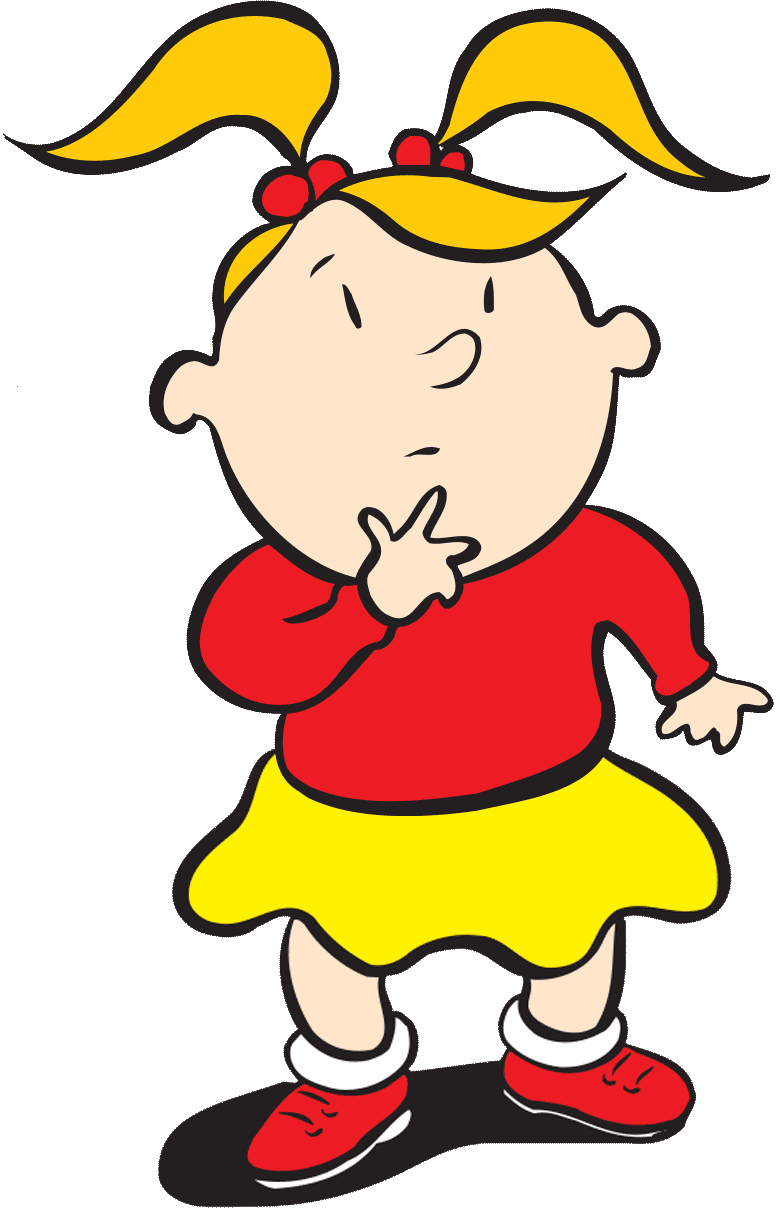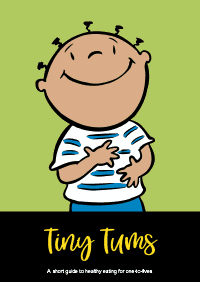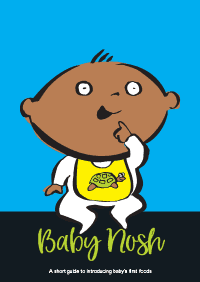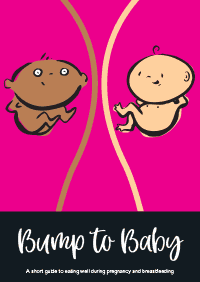
A short guide to healthy teeth for the under fives
Toothy tips
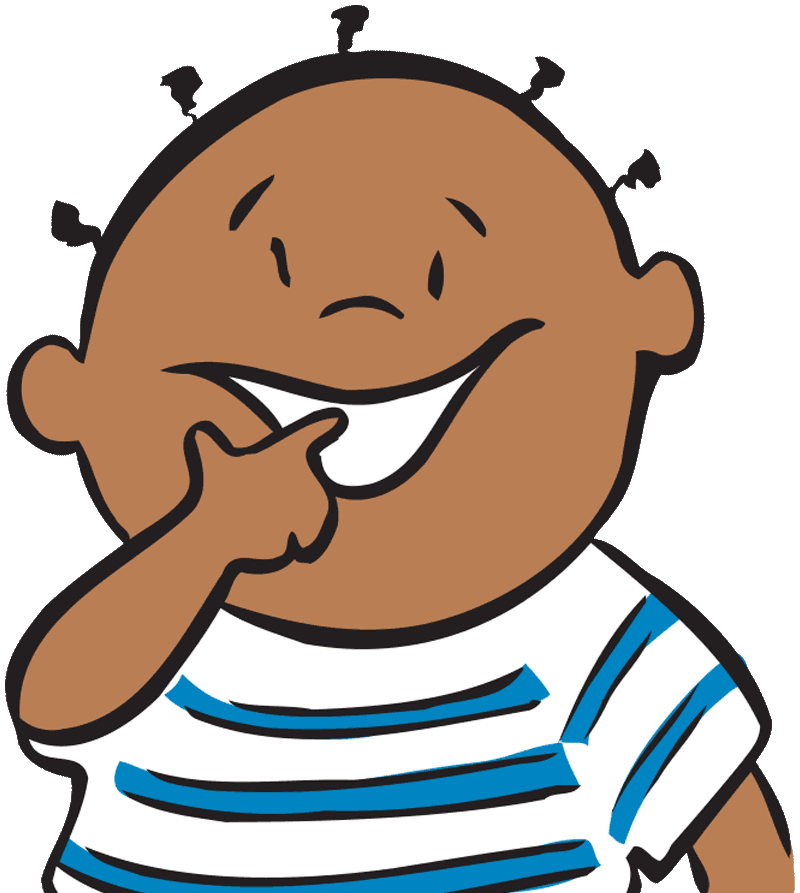
It’s a toddle!
Good teeth help your child feel confident.
But tooth decay can cause pain and worry, even in small children.
When it comes to children’s teeth, regular brushing and visits to the dentist are important.
What, when and how your child eats and drinks is also important and this booklet gives simple facts on how you can keep your little ones grinning from ear to ear.
Taking care
of tiny teeth
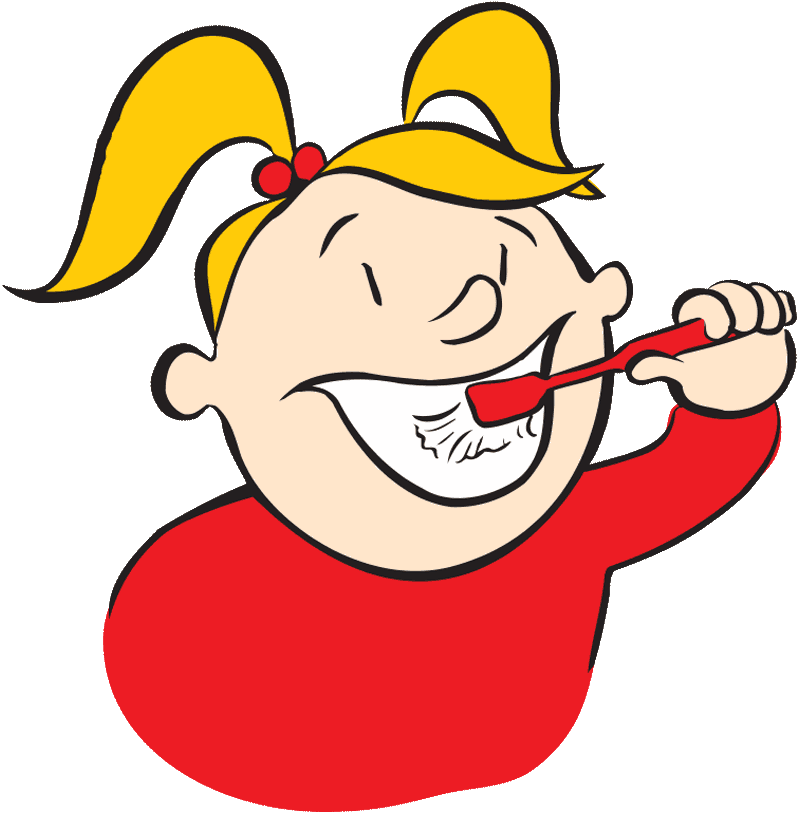
There are lots of simple ways you can help protect your child’s teeth.
Take your child to the dentist when their first milk teeth appear, or before they turn one to help them become familiar with the dentist’s. Children are treated free under the NHS.
From 6 months, introduce infants to a free-flow or open cup and aim to discontinue bottles by around their first birthday.
Toothpaste
power!
Start to brush your baby’s teeth as soon as they begin to come through – this is usually around the 6 month mark but may be earlier or later.
Make sure to use a toothpaste containing at least 1000ppm fluoride, as this helps to prevent and minimise tooth decay. Check the toothpaste packet, or ask your dentist if you aren’t sure.
Make sure children don’t eat or lick toothpaste from the tube. Children under 3 years only need a smear of toothpaste. From age 3 to 6, children should use a pea-sized amount.
Brush your child’s teeth for about two minutes last thing at night and at least once more during the day.
After brushing, encourage your child to spit out – not rinse!
Rinsing will wash away the fluoride so it won’t work as well.
It’s a good idea to supervise tooth brushing at least until your child is seven or eight years old.
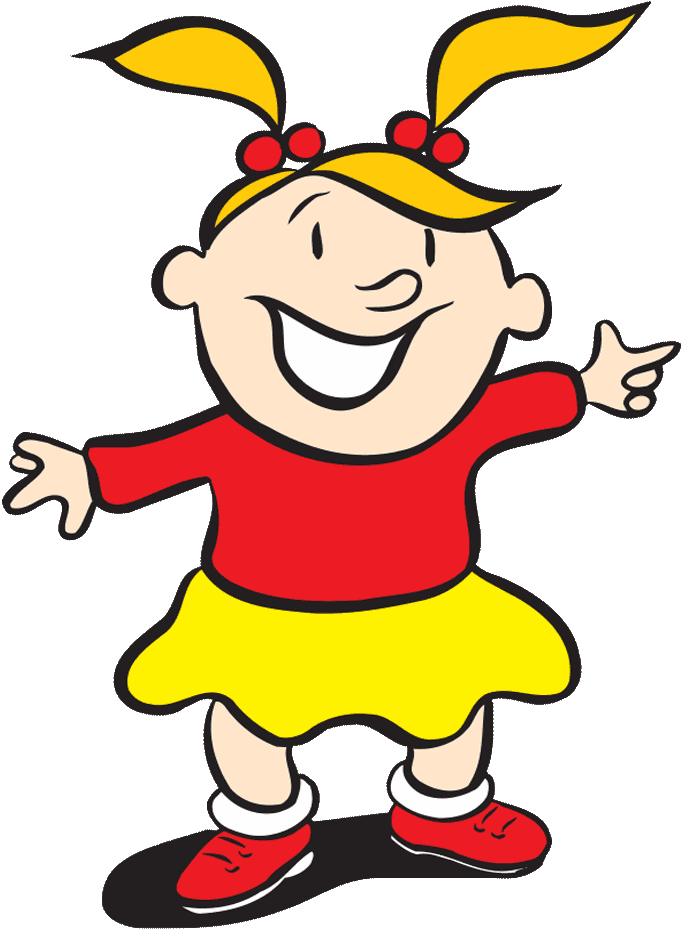
Be
tooth-friendly
Tooth decay is caused when bacteria in the mouth (in dental plaque) use the sugars in foods we eat and drink for fuel. At the same time, they also produce acid. Acid attacks the teeth and can begin to break down the tooth, eventually causing holes known as cavities.
Reducing the amount of sugar in your child’s diet, and how often it’s eaten or drunk will help prevent tooth decay.
Acidic drinks (such as fruit juices, squash and fizzy drinks, even the sugar free ones) can also be a problem for teeth by wearing away the tooth’s surface.
Fizzy drinks, fruit juices, juice drinks and sugar-sweetened squashes are not tooth-friendly and should not be a part of a child’s daily diet.
If you do choose to give sugary drinks to your child, make sure they are:
- well-diluted
- given in a cup, not a bottle
- given at mealtimes only
- never given at bedtime.
Water and milk are tooth-friendly drinks you can offer instead of the drinks above.
It is important to recognise that honey, fruit smoothies, fresh fruit juice and dried fruit all contain sugars that can cause tooth decay.
Dried fruit can stick to teeth so it is better to have it as part of a meal and not as a between-meal snack. Choose fruit canned in juice rather than fruit in sugary syrup.
Remember,
the more often tots eat sugary foods or have sugary or acidic drinks the more damage is caused to tiny teeth.
Avoid sugar containing foods at bedtime. If your child is thirsty before bed, offer water.
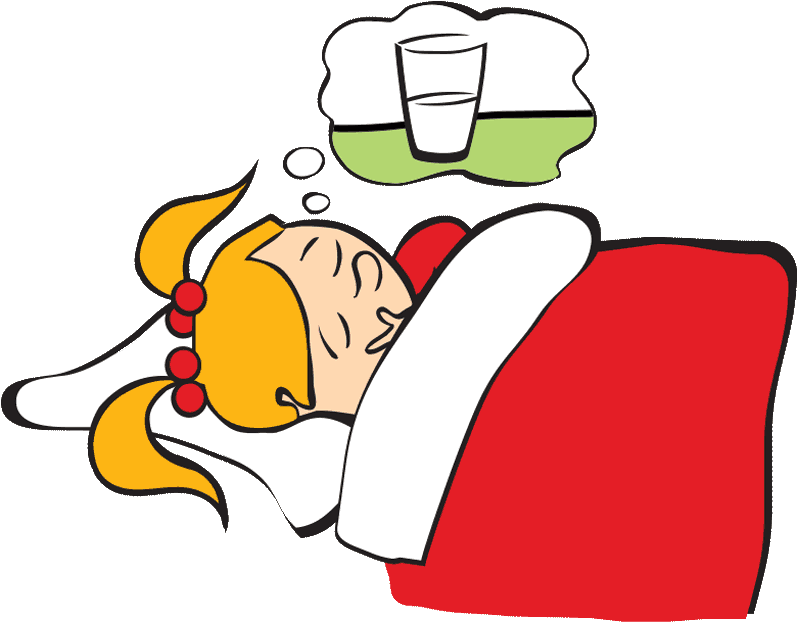
Say cheese
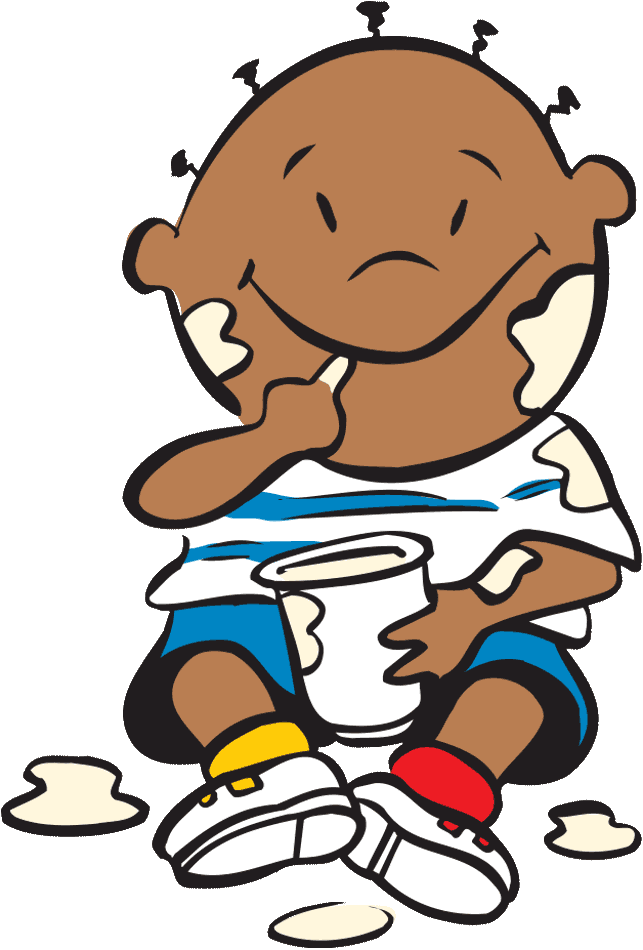
Milk, cheese and yogurt provide calcium which helps maintain teeth.
Try swapping biscuits and cakes for tooth-friendly snacks like sticks of hard cheese and plain yogurt.
Sugar has many different names. On food labels look out for sucrose, fructose, glucose, maltose, dextrose, honey and syrups, and concentrated fruit juice. Lactose, the sugar in milk, does not harm teeth in the same way as these sugars.
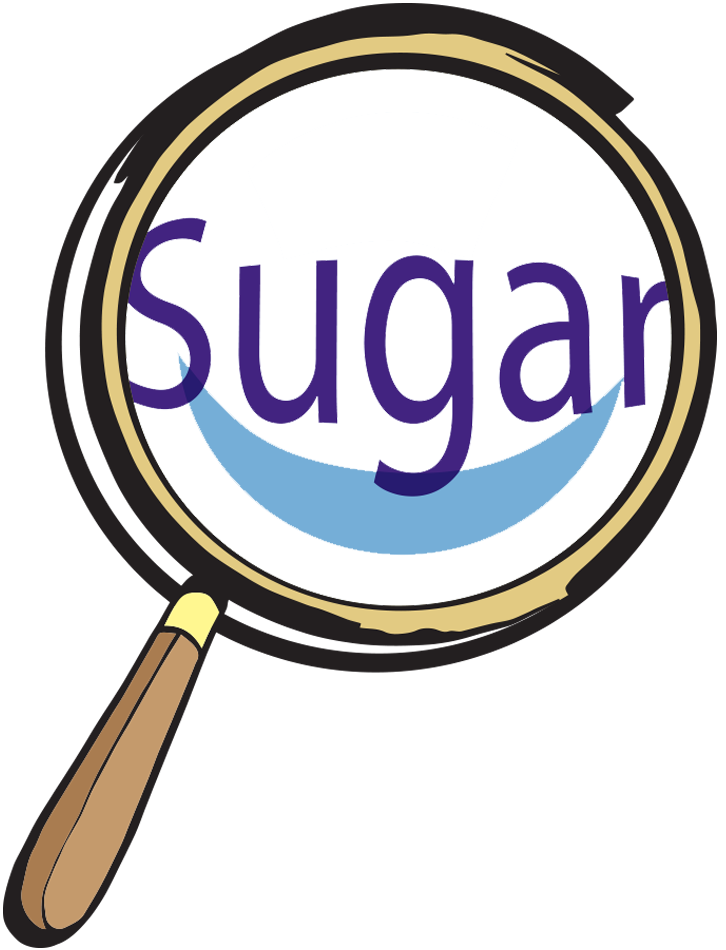
Smiles
of snack ideas
Peeled and chopped fruit and vegetables
Plain yogurt and sliced grapes
Crumpets and cheese spread
Plain popcorn
Pepper sticks and houmous
Pitta or flatbread with tzatziki and tomato slices
Cucumber and carrots with crackers and cream cheese
Cheese (sliced or cut into sticks) and sliced tomatoes
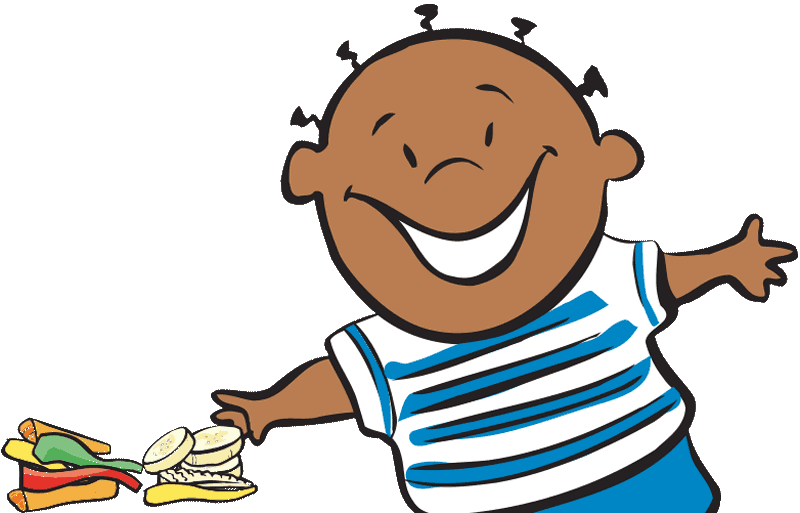
Milky matters
As well as calcium for children’s bone and dental health, milk provides:
Iodine
for normal growth
Phosphorus
for energy release
Protein
for growth and development
Potassium
for muscle and nerve function
Vitamin B2
for normal skin and vision
Vitamin B12
for normal immune function
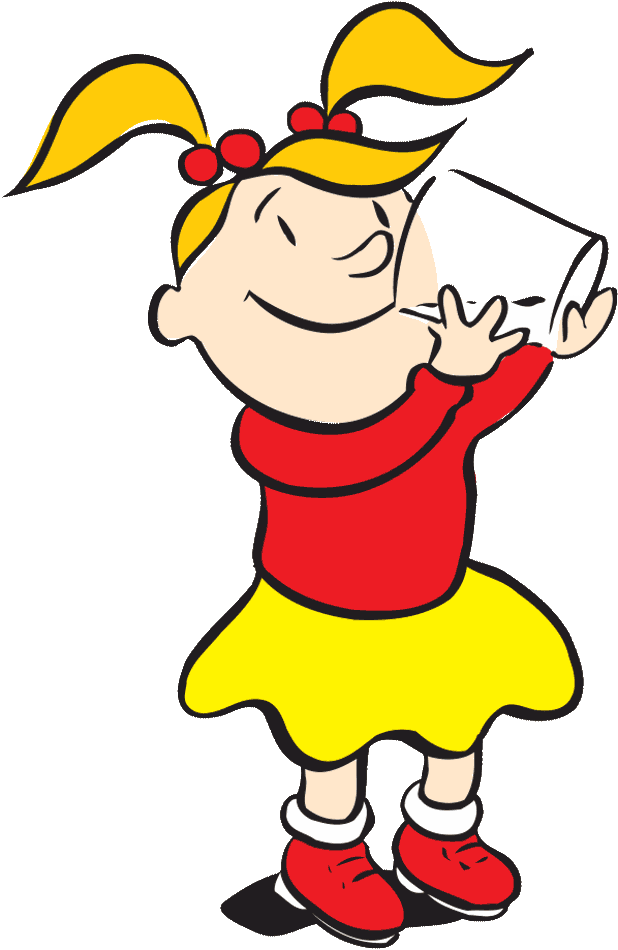
From 6 months, whole cow’s milk can be added to cooking or mixed into cereal. You can also give whole milk yogurt, fromage frais and cheese.
You may choose to continue giving breastmilk for as long as it suits you and baby.
Once your toddler is 1 year old, you can offer them whole or semi-skimmed milk to drink. 1% and skimmed milk don’t provide enough fat-soluble vitamins or energy for under 5s.
.
Plant-based drinks are not nutritionally similar to cow’s milk and can be lower in protein and other important nutrients. If your little one has a cow’s milk allergy, speak to a Registered Dietitian for advice. They can also contain added sugars which act differently to lactose (the sugar in milk) and may harm children’s teeth, so make sure to check the label.
Rice drinks aren’t suitable for under 5s because of the levels of arsenic they may contain. Other plant-based drinks can be offered after your child is 1 year old.
Your questions
answered
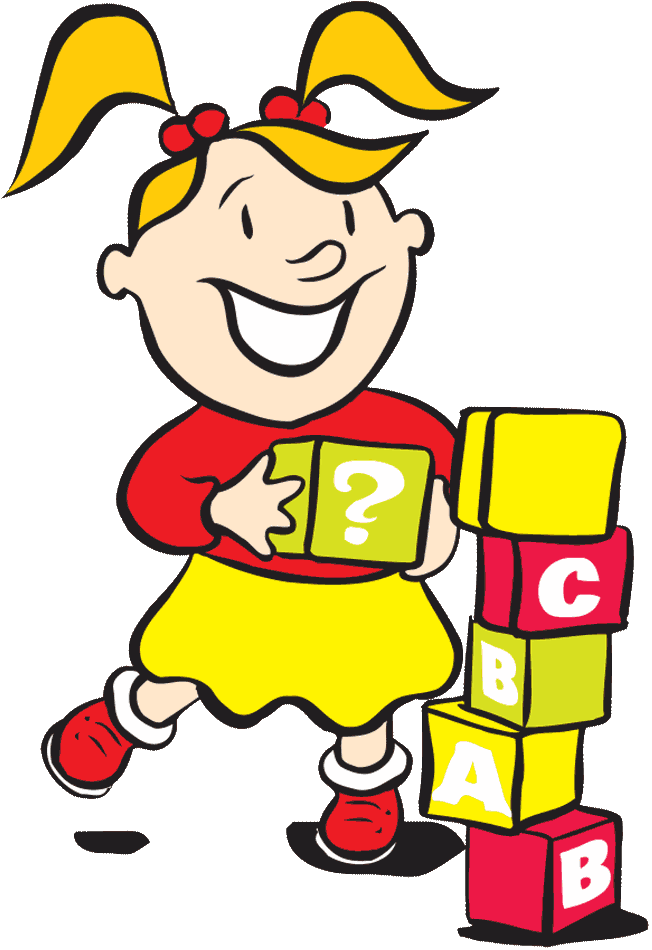
My child loves dried fruit. Is it OK to give this as a snack?
Dried fruit is high in sugar and can stick to teeth, so it is best to only give it to children with meals, rather than as a snack between meals.
I’ve heard bottles are bad for teeth. When should I stop giving my baby a bottle?
You should introduce an open cup or a free-flow cup (with no valve) when your baby is 6 months old.
Open cups can help babies develop their sipping skills which strengthens their facial muscles, helping them to bite, chew and talk.
From their first birthday, encourage all drinks to be taken from open cups, and avoid using bottles or cups that require toddlers to suck, such as those with teats or valves.
Should I stop giving my child fruit juice?
Fruit juice is acidic and high in free sugars which can be harmful to teeth. Offer fresh fruit in place of fruit juices. If you give your child fruit juice ensure it is well-diluted and given at mealtimes only.
I think my child’s allergic to cow’s milk. Should I change to a soya drink?
Allergy to cow’s milk is not as common as people think, affecting about 1 in 50 infants. It is much less common in older children (most outgrow their allergy by the time they start school). Always get advice from a Registered Dietitian (through your GP) before excluding cow’s milk.
If your child is allergic to milk only use soya products if advised by a dietitian or GP, as children allergic to cow’s milk may also be allergic to soya.
If you do give soya-based drinks or food choose those with added calcium, and remember that some contain added sugars, which are not good for teeth.
Are sugar-free squashes safe to give my toddler between meals?
These acidic drinks are not good for dental health and provide little nutritional value. They usually contain artificial sweeteners which are not recommended for toddlers.
Is it OK to give my child tea or coffee?
Giving tea or coffee to young children (especially with food) may reduce their absorption of iron and is not recommended. They also contain caffeine which is a stimulant and can disturb children’s sleep.
My child keeps asking for sweets and fizzy drinks! What can I do?
It’s best not to give children sweets and fizzy drinks to young children as they can harm their teeth, as well as take away their appetite for more nutritious foods.
If you choose to give your child sweets, it’s best to give them at the end of a meal, as this is less harmful for their teeth. Also have plenty of alternative snacks available.
What type of toothpaste is best for young children?
For children under three years use fluoridated toothpaste containing at least 1,000ppm (parts per million) fluoride. For children aged three to six years a pea-sized blob is needed containing 1,350-1,500ppm fluoride. Check the toothpaste packet for this information or ask your dentist. Always supervise toothpaste use and help your child brush their teeth until at least seven years old. Also make sure they don’t eat toothpaste from the tube! Your dentist can also give you advice on whether your child would benefit from extra protection such as fluoride varnishes.
My child makes it difficult for me to brush his teeth. What can I do?
When it comes to tooth brushing, it is best to start young – as soon as your baby’s teeth appear. Make it a fun part of your child’s morning and bedtime routines – sing songs while you brush and use different coloured or cartoon-themed toothbrushes.
